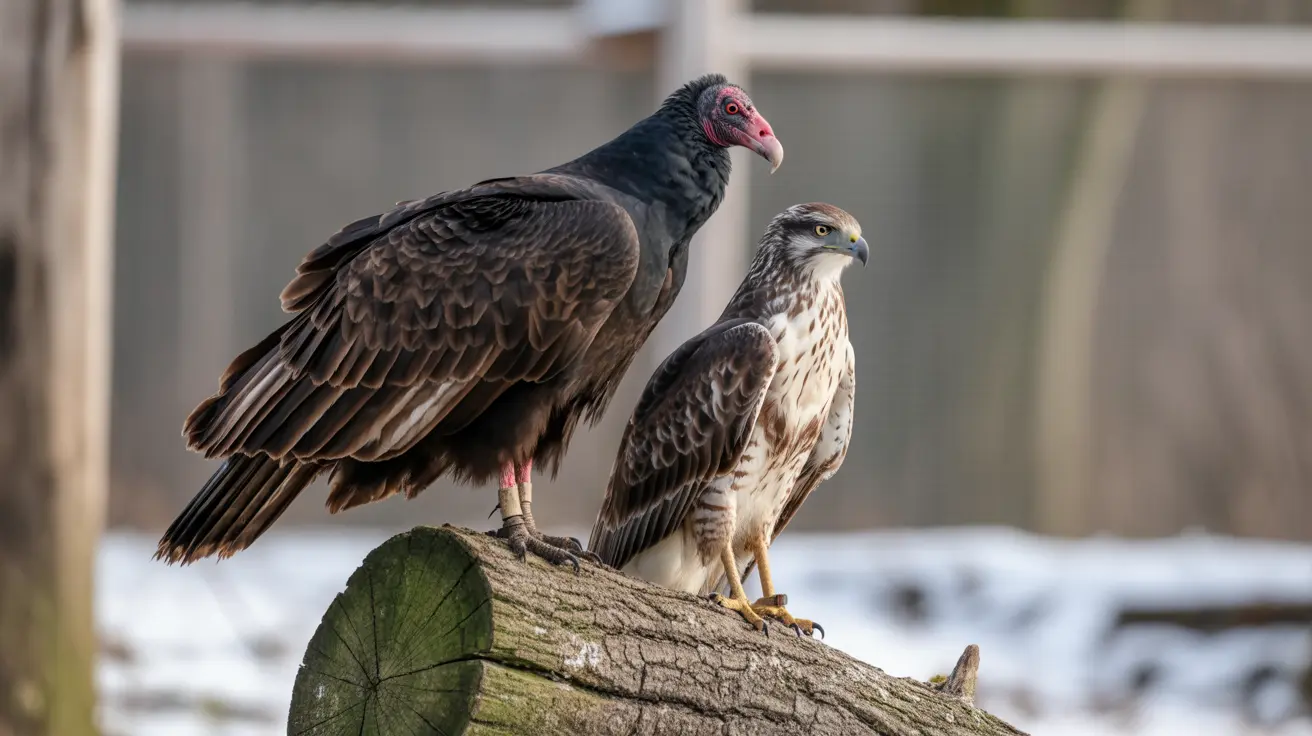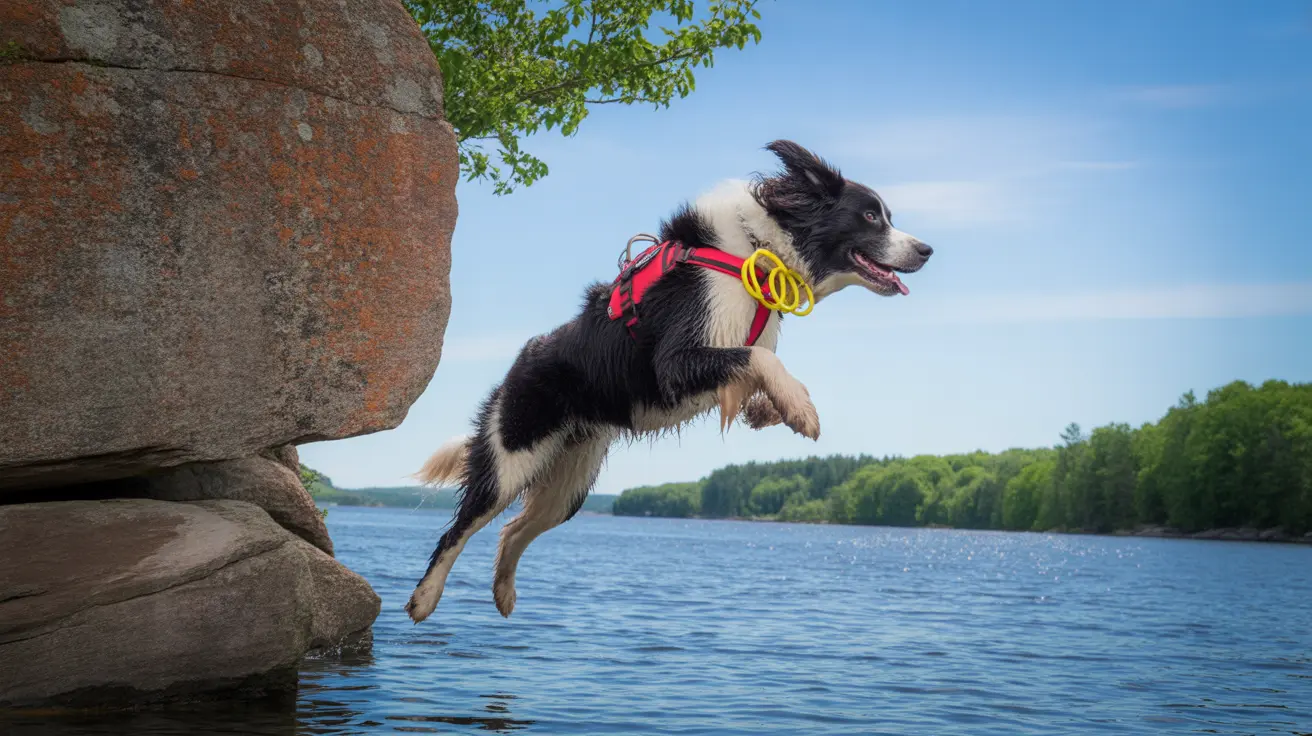As our canine companions enter their golden years, their nutritional needs and eating habits often change significantly. Whether you're dealing with tooth loss, decreased appetite, or other age-related challenges, understanding the best food options for senior dogs is crucial for maintaining their health and happiness.
Understanding Senior Dog Nutrition Needs
Senior dogs require specially formulated diets that account for their changing metabolism, reduced activity levels, and potential health concerns. The right food can help maintain muscle mass, support joint health, and provide essential nutrients for cognitive function.
Wet and Soft Food Options
Wet food is often the go-to choice for senior dogs, especially those with dental issues. These foods offer several advantages:
- Higher moisture content for better hydration
- Easier to chew and swallow
- More palatable for picky eaters
- Better nutrient absorption
Recommended Wet Food Preparations
Consider these preparation methods to make meals even more manageable:
- Mashing canned food into a smooth paste
- Adding warm water to create a soup-like consistency
- Blending with soft vegetables for added nutrition
- Mixing with bone broth for extra flavor and nutrients
Modified Dry Food Solutions
If your senior dog prefers kibble, you can still make it work with some modifications:
Softening Techniques
- Soak in warm water for 10-15 minutes
- Add low-sodium chicken broth
- Mix with wet food
- Grind into smaller pieces before moistening
Homemade Food Options
Many pet parents opt for home-prepared meals. Consider these senior-friendly ingredients:
- Boiled lean meats (chicken, turkey, fish)
- Steamed vegetables (carrots, sweet potatoes, green beans)
- Cooked rice or oatmeal
- Plain, low-fat yogurt
Feeding Tips and Best Practices
Successful feeding strategies for senior dogs include:
- Serving food at room temperature
- Feeding smaller, more frequent meals
- Monitoring water intake
- Adding supplements as recommended by your vet
- Maintaining consistent feeding schedules
Frequently Asked Questions
How do I feed my senior dog with no teeth?
Feed soft, wet food or soak dry kibble in warm water until mushy. You can also puree food in a blender, adding water or broth to achieve a smooth consistency that's easy to lap up.
What are the best food options for senior dogs with tooth loss or dental issues?
The best options include wet canned food, softened kibble, pureed homemade meals, and specially formulated senior dog foods. Look for options high in moisture and easy to consume.
Can I still use dry dog food for my senior dog without teeth, and how do I prepare it?
Yes, you can still use dry food by grinding it into smaller pieces and soaking it in warm water or broth for 10-15 minutes until soft. This maintains the nutritional benefits while making it easier to eat.
Why is it important to maintain dental hygiene in senior dogs even if they have lost teeth?
Dental hygiene remains crucial to prevent gum disease, infections, and further tooth loss. Regular gum cleaning and veterinary check-ups help maintain oral health and prevent complications.
What are some healthy, easy-to-eat snack options for senior dogs with tooth loss?
Soft fruits like watermelon (without seeds), mashed bananas, cooked sweet potato, and soft-baked dog treats specifically designed for seniors make excellent snack options. Always cut foods into small, manageable pieces.
Conclusion
Ensuring proper nutrition for senior dogs doesn't have to be challenging. With the right food choices and preparation methods, you can help your aging companion maintain a healthy, enjoyable diet that meets their changing needs. Always consult with your veterinarian about specific dietary requirements, especially if your senior dog has health conditions or special nutritional needs.






